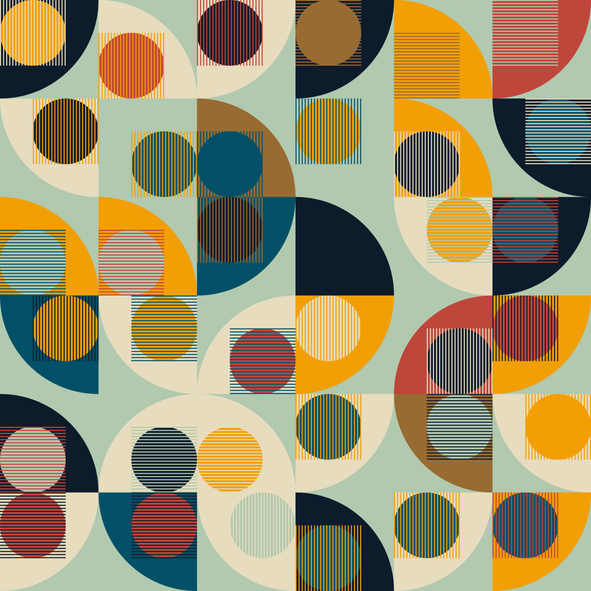In previous articles we have written about the National Collegiate Athletic Association v. Alston, et al. Supreme Court decision, which threw the door open to allowing college athletes to generate money from licensing their rights of publicity, also known as NIL rights (name, image, likeness), leading to legislation like the California Fair Pay to Play Act and similar legislation in many other states. Due to this decision and the resulting legislation, the door is now wide open, allowing college athletes to freely enter into sponsorship and endorsement deals without jeopardizing their athletic eligibility. If you would like an overview of the nuts and bolts of sponsorship and endorsement deals, please see our article here.
With college athletes now allowed to generate revenue by licensing their NIL rights, the next question is how do the athletes get connected with these opportunities and, more importantly, the money? This is done primarily through a newly created type of entity called an “NIL collective.” Before college athletes could legally exploit their NIL rights, money surely found its way into the pockets of top athletes, but it happened furtively, typically with a college sports program’s booster slipping an athlete an envelope full of cash as a little thank you for playing for the alma mater. But now, those same boosters have an entirely above-board means of getting their money into the hands of the athletes of their choice – through their college’s NIL collective.
NIL collectives have been formed for almost every Division 1 school, with more than one collective aimed at the athletes of most of the colleges with powerhouse sports programs. Commonly formed by alumni and other supporters of a particular collegiate program, these school-specific collectives pool funds from athletic department boosters, monied alumni, and local businesses, which the collective can then dole out to the school’s student-athletes for a broad range of activities, from signing autographs or showing up at events and shaking a few hands, to appearing in television commercials for local businesses (here is one of our favorites: https://www.youtube.com/watch?v=afn8632F9L8).
NIL collectives, which are typically affiliated with, but are supposed to operate separately from their target university’s athletic department, differ a bit in terms of how they operate.
The most common form is a school-specific, so-called Donor-driven collective, in which athletic booster money is pooled and then given out to that school’s athletes in exchange for a sponsorship/endorsement agreement that may include some specific activities that the athletes are to undertake.
Other collectives operate as a marketplace, providing a platform where athletes and, typically, local businesses can connect to make NIL deals. Some collectives provide elements of both Donor-driven and Marketplace collectives.
Another entry into the NIL collective scene is the so-called Yoke collective. Yoke is an entity that has created a platform enabling player-led collectives focused on connecting student-athletes directly with fans. Here, the athletes are in charge of the collective, who contract with Yoke to provide the infrastructure in exchange for 25% of the revenues exchanged through the Yoke platform.
The USC athletic department had set up another option for its athletes by signing a deal with the media agency Stay Doubted, which established a subsidiary, BLVD, LLC, to act as an agency and media company exclusively serving USC athletes seeking to partner with various businesses. BLVD, LLC claimed partnerships with Amazon, Microsoft, State Farm, Verizon, and lululemon, to name a few. However, this particular collective has recently shut down. Though this particular effort may have failed, it would not be surprising to see similar student-athlete NIL collectives established in the future.
As this emerging market for NIL deals for college athletes continues to expand, we expect to see many more types of collectives. While these collectives allow fantastic new opportunities for college athletes, there have been and will continue to be some growing pains. If you have a question about an NIL Collective, NIL licensing, or, more broadly, sponsorship and endorsement deals, please do not hesitate to reach out to Crown®, LLP.








